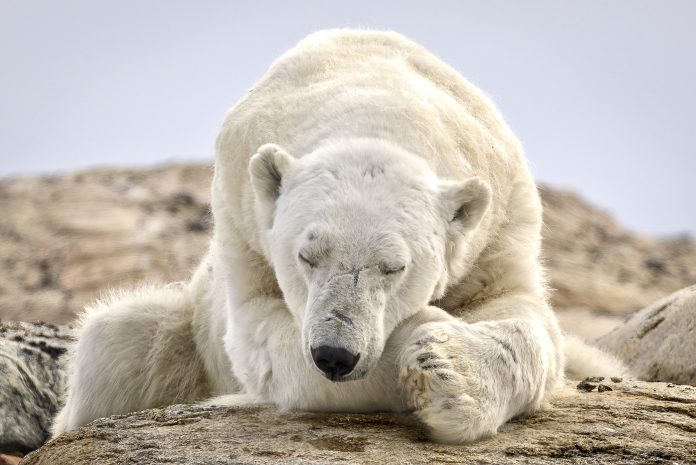
Outrage Erupts After Authorities Kill First Wild Polar Bear Seen In Iceland Since 2016
You can help all animals and our planet by choosing compassion on your plate and in your glass. #GoVeg
RELATED ARTICLES
Pressure Mounts For Arizona To Ban Dog Pack Hunting Of Mountain Lions, Bears & Other Critical Species
Conservation groups have submitted a petition to the Arizona Game and Fish Commission urging a ban on the use of dog packs for hunting...
Help Save Millions Of Lives This Holiday By Choosing Compassion On Your Plate; Adopt A Turkey Today!
As Thanksgiving approaches, we hope you enjoy a warm and safe holiday. We encourage you to make a compassionate choice by leaving animals off...
Giraffes Are One Step Closer To Receiving Vital Endangered Species Act Protections
In response to a petition and subsequent lawsuit by conservation and animal protection organizations, the U.S. Fish and Wildlife Service (USFWS) has proposed listing...
Popular stories
News
Breaking! Estonia & Poland Are One Step Closer To Becoming The Latest European Countries To Ban Fur Farming
Estonia took an important step towards banning fur farms recently when a draft for the amendment of the Animal Protection and Nature Conservation Act...
News
FOUR PAWS Global Wildlife Rescue Saves Last Asiatic Black Bear From Bile Farm In The Son La Province Of Vietnam
Last week, FOUR PAWS global animal welfare organization rescued its 50th bear in Vietnam, the last bear used for its bile in Son La Province.
The...
Healthy Living
New Online Vegan Grocery Store ‘GTFO It’s Vegan’ Launches With Mouthwatering Food Items Shipping Throughout The U.S.
During these unprecedented times, many people have turned to online shopping, yet often discover that their favorite products are not available, or have shipping...


